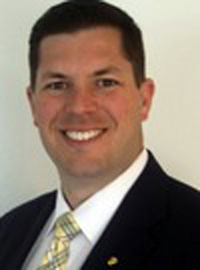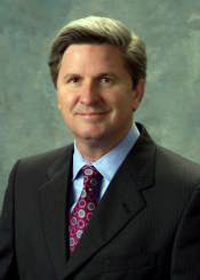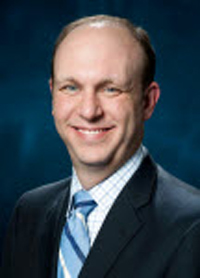The Freedom of Knowledge, The Power of Thought ©
Current News | Introduction | Colloidal Silver | Chemtrails | Sylphs | Emerging Diseases | Forbidden Cures | Ozone | Immunity Boosting | Nutrition | Tone Gen November 2013 - America's "Power Grid" Scheduled for Nationwide "Drill"
|
 “This is different from a hurricane that hits X, Y and Z counties in the Southeast and they have a loss of power for three or four days,” said the official in charge of the drill, Brian M. Harrell of the
“This is different from a hurricane that hits X, Y and Z counties in the Southeast and they have a loss of power for three or four days,” said the official in charge of the drill, Brian M. Harrell of the  “If we fail at electricity, we’re going to fail miserably,” Curt Hébert, a former chairman of the Federal Energy Regulatory Commission, said at a recent conference held by the Bipartisan Policy Center.
“If we fail at electricity, we’re going to fail miserably,” Curt Hébert, a former chairman of the Federal Energy Regulatory Commission, said at a recent conference held by the Bipartisan Policy Center. The utilities play down their abilities, in comparison with the government’s. “They have the intelligence operation, the standing army, the three-letter agencies,” said Scott Aaronson, senior director of national security policy at the Edison Electric Institute, the trade association of investor-owned utilities. “We have the grid operations expertise.”
The utilities play down their abilities, in comparison with the government’s. “They have the intelligence operation, the standing army, the three-letter agencies,” said Scott Aaronson, senior director of national security policy at the Edison Electric Institute, the trade association of investor-owned utilities. “We have the grid operations expertise.”